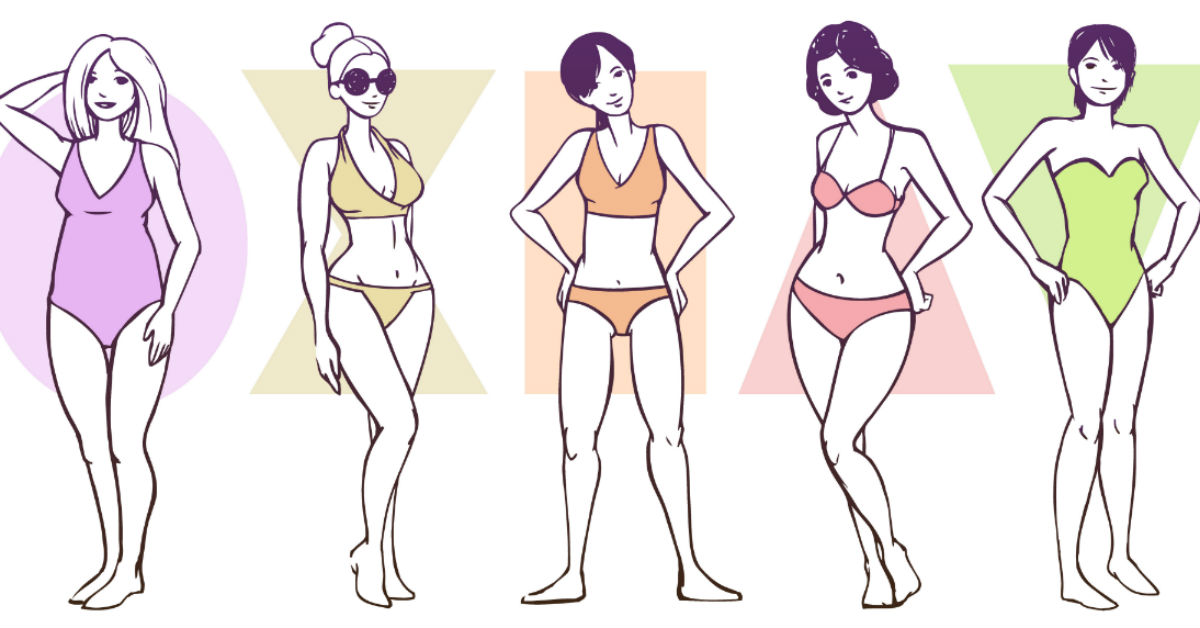Your daughter is growing up in a world of comparison. She compares her likes and dislikes to those of her friends. She compares her brain and accomplishments to those of her classmates. She compares the attention she receives to how much you give her siblings. She compares her body to, well, everyone else’s. Yes, it’s true. Your teen daughter, from ages as young as 10 or 12, begins to compare her body to nearly every single woman with whom she comes in contact. This includes women in movies and on television, and the incredibly altered and unrealistic body images on magazine covers and advertisements. Are you aware of this? Have you spoken with your teen daughter about it? If not, it’s never too late. Here are just a few simple talking points that can get you started.
There is No “Average” Body Type
It’s easy for teen girls to think that they’re fat when they constantly compare themselves to women in the media. This can set up unrealistic expectations that everyone is thinner and more beautiful than her – a dangerous assumption to make. When you begin talking to your daughter about her body, it’s important to help her understand that there really is no such thing as average when it comes to our bodies. Women with the same weight can look completely different. There are many factors, such as weight, height, body shape, muscle tone, and overall health that contribute to the way we (and others) look. Some things are predetermined by our genetics, some things are affected by our diet and exercise, and some things are only due to photoshop and extreme editing. There is no average body type – everyone is different.
Positive Body Image
After you dispel the illusion of “perfect” or “average” bodies, the next step is to talk to your teen daughter about how she can view her body more positively. Tell her about things you find beautiful about her. Help her identify and express gratitude for the amazing things her body can do – and the things she loves about her body. Encourage her to pursue education, hobbies, and other activities that will add value and benefit to her life – because she is more than the way she looks in the mirror. You can find more helpful steps to promoting your daughter’s positive body image here.
Talking to your daughter about her body is so critical. The way she sees her body (and the bodies of other women) can change her entire world. Start with the simple conversations about “average” bodies and developing positive body image, and go from there. If you find your daughter has negative and harmful body image, possibly resulting in eating disorders, self-harm, or other dangerous behaviors – get her help as soon as possible. The way your daughter sees her body isn’t just a phase – it’s her life.











0 Comments